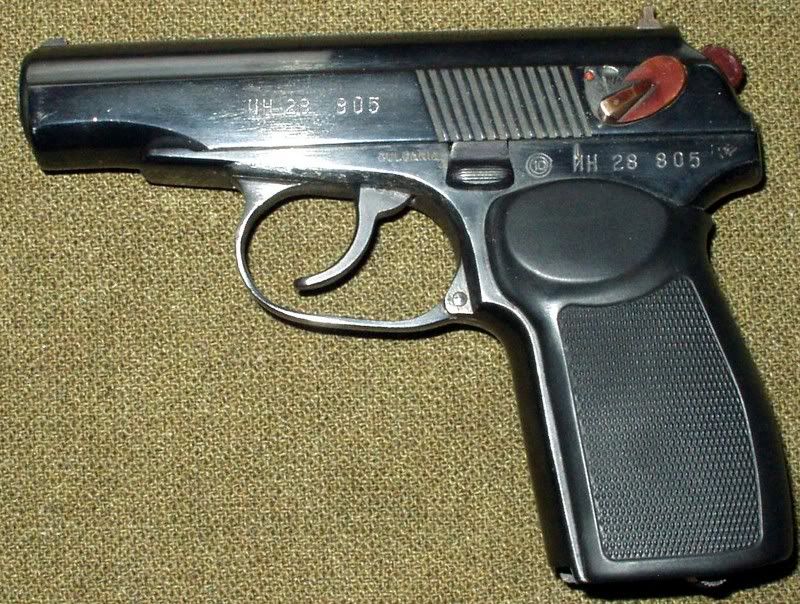 I was once asked about the Bulgarian Makarov. I like the pistol and said so. I thought I'd post a few of my observations about my pistol here.
I was once asked about the Bulgarian Makarov. I like the pistol and said so. I thought I'd post a few of my observations about my pistol here.First, it is accurate, reliable and relatively inexpensive. Mine cost $159 but I think you'll pay at least $250 today. The best ammo, cheaper than reloading, came from Dan's Sporting Goods at $60 per 500, shipped. You couldn't beat that and I tried. I've got dies, 250 Starline cases (excellent brass) and Hornady XTP. Still, reloading was more expensive than the Barnaul 95 gr. hollow-points from Dan's and you have to hunt down those valuable brass cases. The Barnaul is steel cased and Berdan primed, hardly a practical reloading proposition. Now, with the change in the Euro/Dollar exchange rate and diversion of the ammo to various hot spots, you might re-look reloading.
With carbide dies, reloading is really a snap. I'm sure you could set up a progressive press to load vast quantities of this cartridge. I used the Hornady XTP bullets over 4.1 gr. of Unique using a CCI small pistol primer for 927 fps 181 fpe. In contrast the Barnaul 95 gr. load produces 1025 fps and 222 fpe. Federal ball produced 965 fps and 195 fpe. Silver Bear ammo using the 120 gr. bullet produced 932 fps 232 fpe. Obviously one can do better ballistically than with my handloads, but they are accurate.
For accessories like my Fobus paddle holster we used to have Makarov.com, another well run business. The fellow who ran this knows his products and provided fast service together with good product. Unfortunately, they are no longer in business.
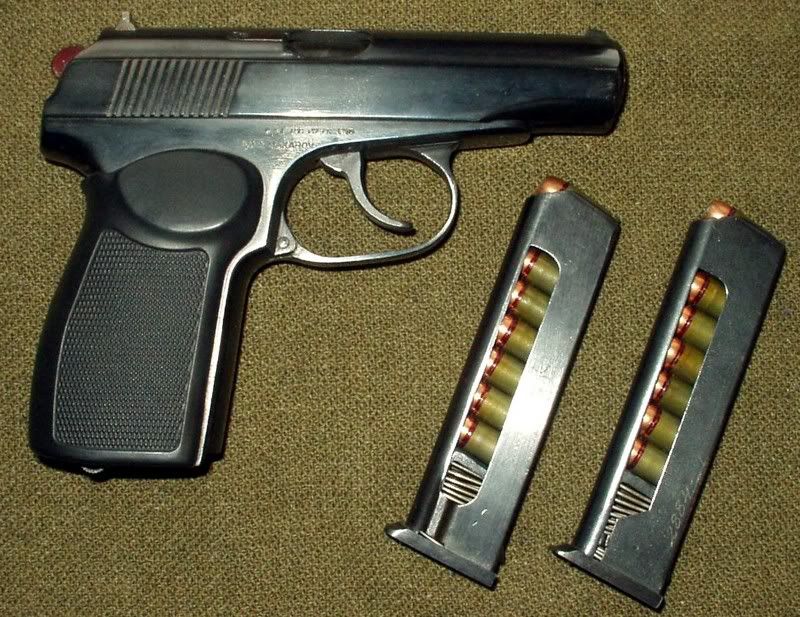 The pistol has possibilities I didn't consider when I first saw it while in the military. It is relatively light for a field pistol. It fits my hand well with the Pearce grips. The Fobus paddle holster is light and comfortable AND it secures and protects the pistol properly. It is accurate. I got groups, two-handed standing, of 2 inches at 25 yards and I have killed a groundhog at a measured 80 yards with a single shot in the chest (a little to the right of center). There was some luck involved (no doubt!) but it wasn't all luck. I believe the cartridge is at least as effective as the .38 Special and that is enough gun for most people, particularly in the east. It isn't particularly loud. It doesn't kick too much which is good for new shooters and those who are recoil sensitive. It is safe, having a double action and de-cocking safety that seems very sturdy. I think that this makes it a good bedside gun, at least during the summer when an intruder is less likely to be wearing a bulky winter coat. Fixed sights mean they probably won't go out of adjustment.
The pistol has possibilities I didn't consider when I first saw it while in the military. It is relatively light for a field pistol. It fits my hand well with the Pearce grips. The Fobus paddle holster is light and comfortable AND it secures and protects the pistol properly. It is accurate. I got groups, two-handed standing, of 2 inches at 25 yards and I have killed a groundhog at a measured 80 yards with a single shot in the chest (a little to the right of center). There was some luck involved (no doubt!) but it wasn't all luck. I believe the cartridge is at least as effective as the .38 Special and that is enough gun for most people, particularly in the east. It isn't particularly loud. It doesn't kick too much which is good for new shooters and those who are recoil sensitive. It is safe, having a double action and de-cocking safety that seems very sturdy. I think that this makes it a good bedside gun, at least during the summer when an intruder is less likely to be wearing a bulky winter coat. Fixed sights mean they probably won't go out of adjustment.The down side is that, while the grip fits me and my average size hand, it could easily be too big for those with smaller hands. The Pearce grips are actually a bit bulkier than issue but they are also much more comfortable.
The sights that it comes with are very basic. Non-adjustable except by drifting in the dovetail, the rear sight has sharp edges that might not be compatible with some clothing. I ever so slightly "broke" the corners and edges on my pistol's sights. The rear blade has a nice square notch but these are black on black sights. Some people prefer the dots, etc. The good news is that after market adjustable and night sights are available but they can cost nearly as much as the pistol. My eyesight isn't such that I really benefit from such sights.
The second photo showing the pistol with magazines has one each of the East German and Bulgarian magazines. I've found no real operational difference and have no real preference.
Bulgarian Makarovs were made at the state military factory in Kazanlak, aka factory number 10. That is why the Bulgarian pistols are marked with a 10 inside a double circle on the left of the frame. Production began in 1970, continued under direct Russian oversight in 1975 and in 2000 the date codes were eliminated and replaced with numerical dates immediately following the serial number.
Man At Arms Magazine reported the following information about the serial numbers that owners will find interesting:
Bulgarian Makarovs have unusual serial numbers composed of three groups of characters: two capital letters, two numbers, and then an additional sequence of numbers. The two numbers in the center indicate the year of manufacture, but in a slightly confusing way. You add those two numbers to the year 1960 to ascertain the year of manufacture. For instance, a center number "31" would indicate a manufacture year of 1991 because 31+60=91. By the way, the final group of numbers is the actual serial number, while the two letters are a code indicating the production batch that the serial number belongs to.
All in all, I think it is a good buy and I'll be keeping mine!
Parts List
1) Slide
2) Ejector
3) Main spring
4) Trigger
5) Trigger transfer bar
6) Magazine
7) Hammer spring
8) Sear
9) Disconnector
10) Hammer
Field Stripping - After removing the magazine and emptying the chamber, pull the trigger guard down in the front and move it to the right (as seen with the bore pointed away from you). Pull the slide all the way back and lift the rear of the slide. The slide will now come forward and off. Now remove the return spring off of the barrel. Reassemble in reverse order.
original post 3/7/07
This is a video showing the gun as used by a Chinese policewoman. It is "graphic" although less so than a Sam Peckinpah movie. However, to view you might need to sign in to YouTube and verify your age...


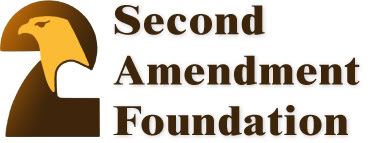
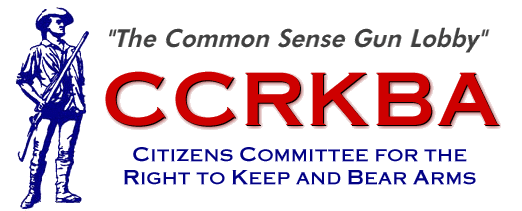

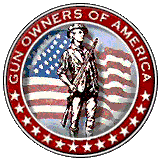

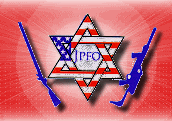




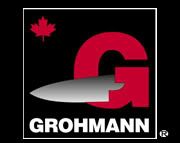
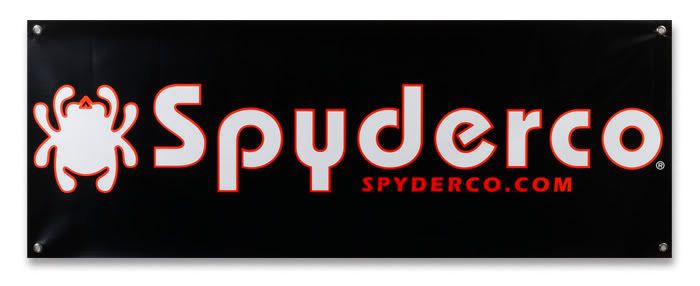

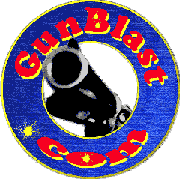








No comments:
Post a Comment